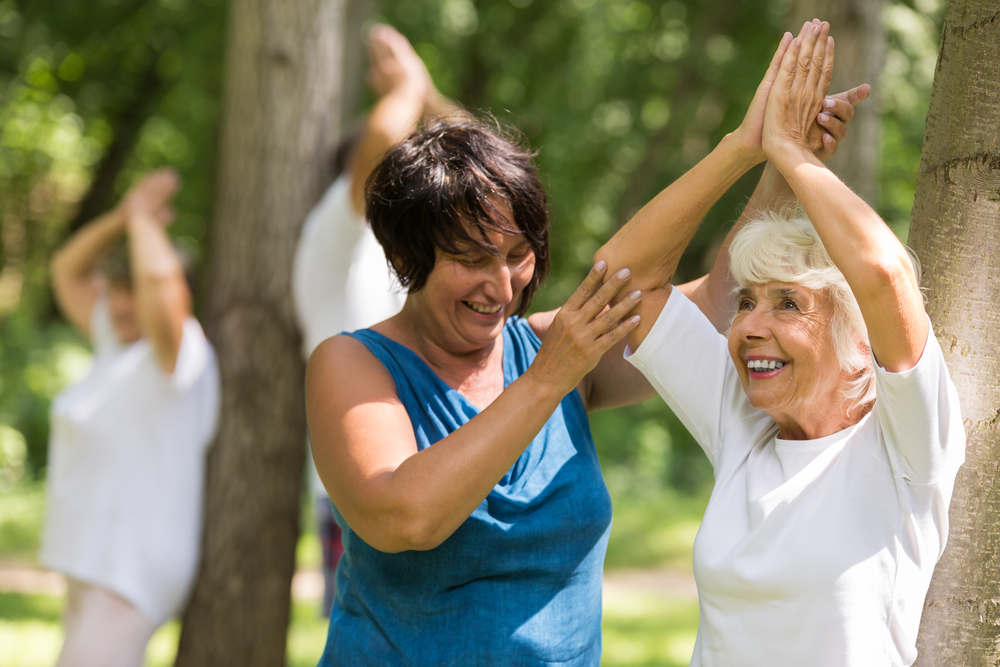For those in assisted living in Florida, the opportunity for exercise is a critical part of any community. Not only is exercise good for the overall body and mind, but it has unique benefits for those suffering from Alzheimer’s disease.
Continue reading to learn more about the benefits of exercise for adults with Alzheimer’s.
Exercise May Slow Down Cognitive Decline
The link between exercise and mental and cognitive benefits has long been established. This link is especially strong when it comes to Alzheimer’s disease.
According to the Mayo Clinic, physical activity helps your brain by keeping blood flowing and increasing the chemicals that protect the brain. Exercising 30 to 60 minutes a day may help:
- Improve reasoning, judgment, and thinking skills
- Increase the part of the brain that’s responsible for memory formation
- Delay the start of Alzheimer’s for people at risk of developing it
- Slow the progression of Alzheimer’s disease
When it comes to choosing between Florida assisted living facilities, ensuring that there are ample opportunities for residents to exercise is critical.
Many new facilities focused on memory care prioritize exercise as part of a holistic treatment approach to help Alzheimer’s patients.
Exercise Promotes Regular Sleep
One of the best things Alzheimer’s patients can do to promote brain health is to maintain a regular sleep schedule. A regular sleep schedule includes an established routine like going to sleep and waking up around the same time each day.
Seniors should also sleep seven to nine hours each night. Some Alzheimer’s patients need more or less sleep depending on the severity of their disease. The exact amount of sleep should be determined after consulting with the patient’s doctor.
Exercise Reduces the Risk of Falls and Injuries
Alzheimer’s patients are at an increased risk of falls, as they can easily forget where they are going, where furniture is placed, and so on. Exercise helps maintain muscle mass, which protects bones in case of a fall.
Exercise also helps with agility and general mobility, so Alzheimer’s patients can catch themselves if they do run into an obstacle or trip. If an Alzheimer’s patient does fall and experience an injury, patients who have been exercising regularly tend to recover faster.
Exercise Improves Confidence
One of the secondary symptoms of Alzheimer’s disease can be a loss of confidence. Alzheimer’s patients begin to second-guess themselves after forgetting things they used to know, and their confidence can slowly decline.
Exercise is a great way to help build back confidence. Keeping active is easy to achieve on an everyday basis, and it is something that is within the patient’s control. It also makes them feel like their best self, which may help restore their confidence.
Keeping Active in Assisted Living in Florida
Florida is one of the best places to seek assisted living services, particularly when a loved one has Alzheimer’s disease. Exploring options for transitioning to memory care can be a great way to ensure that your loved one is getting the care they need as they manage their disease.





